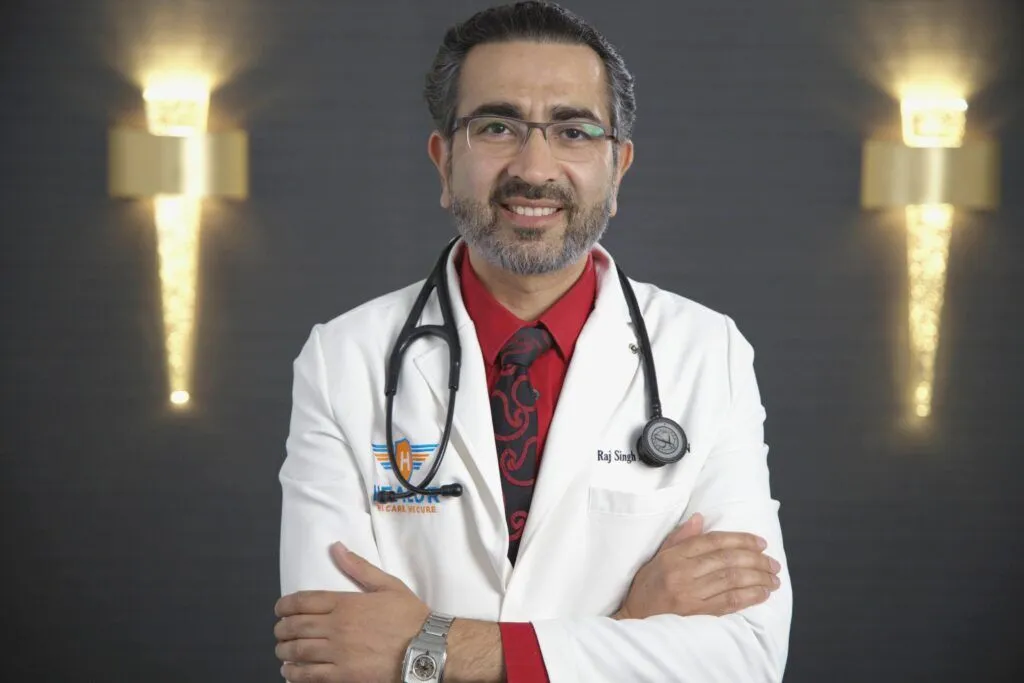
- What Is Testosterone?
- Where Is Testosterone Produced?
- What does testosterone do?
- Signs of Low Testosterone
- Causes of Low Testosterone
- How does testosterone work
- What produces Testosterone?
- How to Boost Testosterone Naturally?
- Maintain a Healthy Diet and Lifestyle
- Maintain a Healthy Weight
- When to See a Doctor?
- What Is Male Testosterone?
Testosterone is a crucial hormone that plays a vital role in the overall development of the human body. Primarily associated as a “males only hormone“, though its effects extend far beyond biological gender. The hormone is also produced in women, however, in much smaller amounts.
Human body health and wellness depend considerably on the testosterone produced throughout the adult lifespan. So, what is the role of testosterone which creates such essential functions in the human body? In this post, we will analyse how to recognise low testosterone together with its reasons and approaches to raise testosterone levels naturally for optimum health.
What Is Testosterone?
The body needs testosterone for various essential functions.
Testosterone exists mainly in male testicles, yet women produce itinh smaller amounts from their ovaries and adrenal glands. Male reproductive organs develop from this hormone including both testicular tissues and the penis while the hormone also controls essential secondary characteristics through both muscle and bone enhancement and body hair growth.
Where Is Testosterone Produced?
Do you ponder about the testosterone production areas within your body? The answer is simple:
- Testosterone reaches its highest production levels in male bodies from the testes.
- Testosterone forms in the ovaries and adrenal glands specifically in female bodies.
What does testosterone do?
The human body benefits from several functions facilitated by testosterone. Its functions are far-reaching:
- The hormone controls the sexual drive in male and female bodies.
- Testosterone helps to grow muscles and strengthen bones through its capability to expand tissue size and enhance bone thickness.
- Low testosterone levels in the body result in mood problems and reduced energy, together with increased irritability.
- Sperm development requires this hormone to occur properly in male bodies.
- The body benefits from testosterone because it controls where and how body fat accumulates.
Signs of Low Testosterone
A condition that medical professionals call low T leads to life-quality deterioration. Several signs of low testosterone exist with dominant symptoms, including:
- Reduced Sex Drive: A noticeable drop in interest in sexual activity.
- Erectile Dysfunction: A man with Erectile Dysfunction faces issues in getting or sustaining an erection.
- Dropping energy level: The continuous sense of weariness, together with a lack of energy, remains a key symptom.
- Mood Changes: Increased irritability, depression, or anxiety.
- Building muscle mass: The ability to build muscle stays weak along with maintaining existing muscle structure.
- Increased Body Fat, particularly around the abdomen.
- Impacts bone density: Decreased bone density makes persons more prone to suffering osteoporosis or experiencing fractures.
- Lack of focus: Brain fog together with focus problems represent one set of symptoms which many affected patients experience.
Consultation with a healthcare provider becomes vital when such symptoms are observed.
Causes of Low Testosterone
The identification of testosterone deficiency sources helps create better methods to tackle this medical issue. Some common factors include:
- The human body begins experiencing testosterone reduction when people reach thirty years old.
- The medical conditions of diabetes combined with obesity alongside metabolic syndrome have negative impacts on testosterone levels.
- Live hormone production becomes disrupted by conditions that humans face, known as hypogonadism.
- Testicles which endure damage from injuries or infections will affect the amount of testosterone produced.
- Certain medications, such as opioids together with corticosteroids, have been proven to lower testosterone levels in the body.
- Chronic stress ends up raising cortisol values while simultaneously reducing testosterone production in the body.
How does testosterone work
The hormone testosterone acts through androgen receptors found throughout the body to affect diverse bodily operations focusing on both musculoskeletal development and emotional health. Such hormone directs red blood cell manufacturing processes along with managing the body’s fat distribution in addition to other functions.
This hormone contains a molecular arrangement which mirrors the structures of cortisol and estrogen among other steroid hormones.
What produces Testosterone?
Ever wondered, “What makes testosterone?” It’s produced by specialized cells:
- Leydig cells in testicular tissue generate testosterone as the main source for male bodies.
- The ovarian glands, together with the adrenal glands, function as secondary testosterone producers in women.
- The pituitary gland inside the brain produces luteinizing hormone (LH) that results in testosterone production.
You can also read: Sleep Related Painful Erection: Expert Guidance
How to Boost Testosterone Naturally?
People who need to increase their testosterone levels should consider these natural approaches for improvement:
- Exercise Regularly: The performance of weightlifting exercises combined with high-intensity interval training (HIIT) creates substantial testosterone level increases in the body.
- Get Enough Sleep: A lack of good sleep quality leads to decreased testosterone manufacturing in the body. Your sleep quality should amount to between 7 and 9 hours each night.
- Manage Stress: The body maintains high cortisol levels from stress that downregulate testosterone production. Indulge in physical activities such as yoga, breathing exercises and meditation for developing a stress-reducing regime.
Maintain a Healthy Diet and Lifestyle
- Healthy fats: Including the intake of avocados, nuts, and olive oil in food is a great start. It acts as a catalyst to revitalize the production of the hormone.
- Industrial plants, along with red meats such as beef and pumpkin seeds, serve as excellent sources of zinc to boost testosterone production.
- Exposure to sunlight together with the consumption of fatty fish supplements with vitamin D in the body.
- Avoid excessive alcohol and drugs.
Maintain a Healthy Weight
The level of testosterone decreases when someone becomes obese. Making weight loss efforts will restore hormone levels to their normal state.
When to See a Doctor?
A blood examination will establish your testosterone level when you display signs of low testosterone. Medical professionals will suggest appropriate solutions for treatment, such as lifestyle modifications, together with therapy or medications where needed.
What Is Male Testosterone?
The term male testosterone represents how the hormone controls the growth and continuous presence of essential male physical traits alongside reproductive functions. Testosterone maintains muscle mass and supports bone density together with sexual health functions.
The knowledge about testosterone function and its health role lets you become more capable in managing your total well-being. Healthcare advice should never be delayed when symptoms of low testosterone appear in your body. The combination of lifestyle adjustments and caring treatment enables natural improvement of your testosterone levels to create a better, more vibrant, and healthy life.




